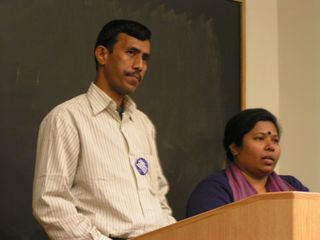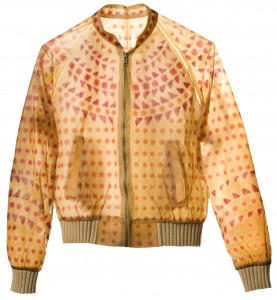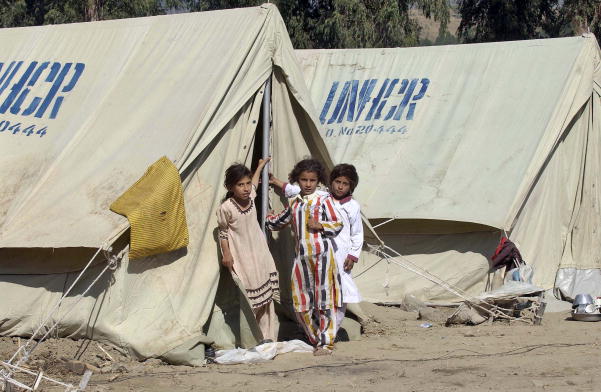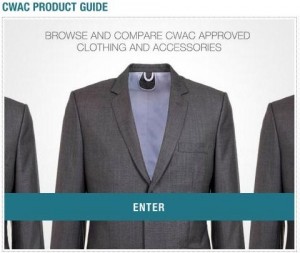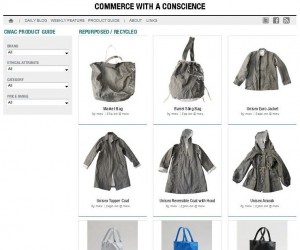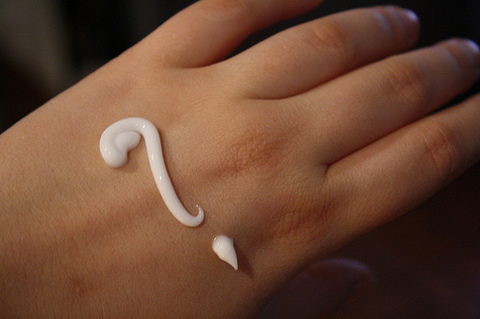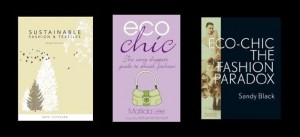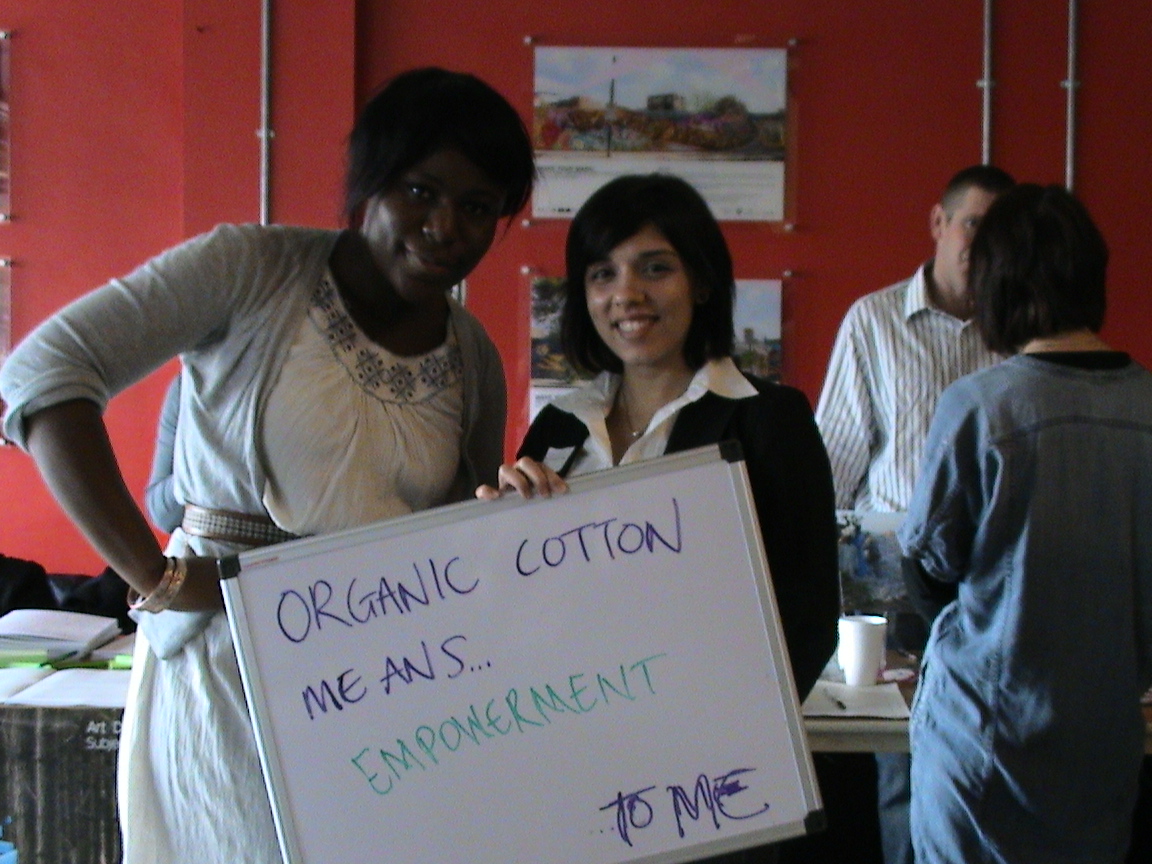The Clean Clothes Campaign (CCC) has reported today that Kalpona Akter and Babul Akhter of the Bangladesh Workers Solidarity Center (BCWS), alongside other Bangladeshi labour leaders, will be forced back into court next month to face fabricated charges filled against them by apparel suppliers such as Walmart.
You may recall their 30 day wrongful imprisonment last summer, coming out of the wide-scale worker protests that rocked the garment sector, or the illegal detention of BCWS organiser Aminul Islam and recent 4 month unlawful detention of Mushrefa Mishu of the Garment Workers Unity Forum.
The CCC reports that “[a]ll cases consist of a range of charges with punishments ranging from three months to ten years to life in prison. Some of the charges are punishable by death.” (CCC)
Although Walmart has claimed that their supplier has dropped the charges, CCC claims this is not the case.
Walmart is the largest buyer of Bangladeshi-made clothing. Speak up on behalf of these workers: take action.
Remember, you can still upload your photo and message to the SA Visual Lab in support of these workers. Visit the SA Bagladesh Project for more details.
We are not powerless…
